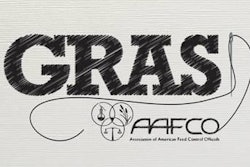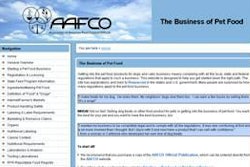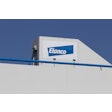The aim was to determine associations between serum concentrations of omega-3 polyunsaturated fatty acids and concentrations of adiponectin, leptin and insulin in 56 healthy, adult, client-owned cats. Body condition score (BCS) was determined and blood samples were collected after food was withheld for 12 hours.
Significant interaction effects between BCS and serum concentrations of eicosapentaenoic acid (EPA) were detected for the analyses of associations between EPA and serum concentrations of adiponectin, insulin and triglyceride. Cats were categorized into nonobese (BCS 4 to 6, n=34) and obese (BCS 7 to 8, n=21) groups. Serum concentrations of EPA were directly associated with concentrations of adiponectin and inversely associated with concentrations of insulin and triglyceride in obese cats and directly associated with concentrations of leptin and inversely associated with concentrations of adiponectin in nonobese cats.
Serum concentrations of docosahexaenoic acid (DHA) were directly associated with concentrations of adiponectin in obese cats. No significant associations between serum concentrations of DHA or α-linolenic acid were detected in the analyses for all cats. Female cats had higher serum concentrations of adiponectin and lower concentrations of glucose than did male cats.
EPA may ameliorate the decrease in adiponectin and the increase in insulin and triglyceride concentrations in obese cats.
Source : M. Mazaki-Tovi et al., 2011. Effect of omega-3 fatty acids on serum concentrations of adipokines in healthy cats. AJVR 72: 1259-1265. doi: 10.2460/ajvr.72.9.1259














